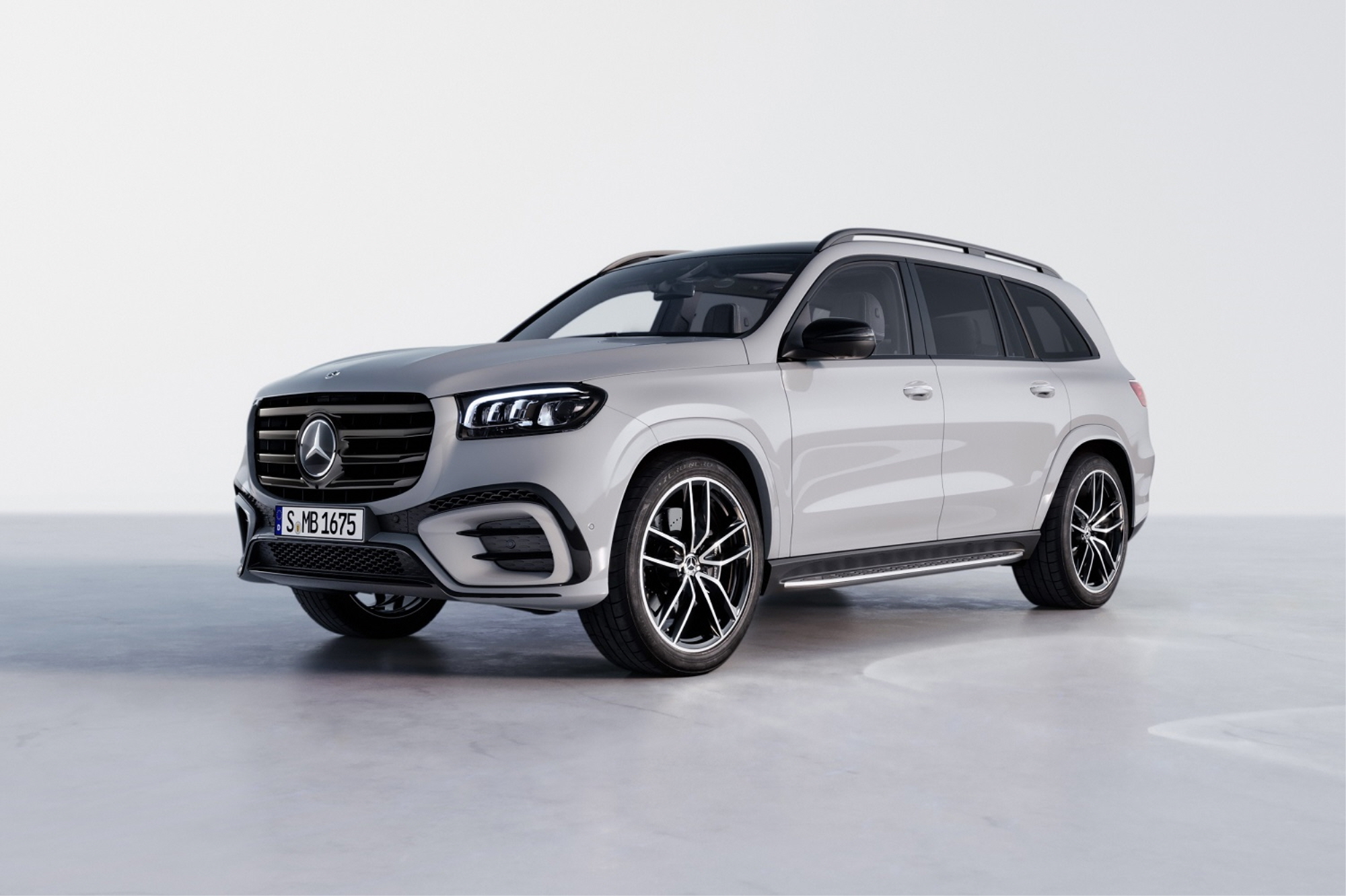
Is the sedan losing its place? In the imported car market, the sales share of SUVs has overwhelmingly increased. As more customers fall for the spacious interiors, sedan-level advanced convenience features, and impressive performance of SUVs, the landscape of our streets is transforming from sedans to SUVs.
At the center of this shift is BMW. Starting with the launch of the X5 in 2000, BMW has created a full lineup from the compact X1 to the large X7, consistently showcasing the unique appeal of BMW SUVs. Additionally, with the release of the compact electric SUV iX1, the mid-size electric SUV iX3, and the large electric SUV iX, BMW is also making its mark in the electric SUV market.
SUV sales rose from 25,956 units in 2021 to 30,410 units in 2023. While the sales share decreased from 40% to 39% by one percentage point, unit sales increased by 17%.
In addition, Volvo is another brand emphasizing its support for SUVs. Starting with the launch of the second-generation XC90 in 2016, Volvo built a full SUV lineup from the XC60 to the XC40, spanning from large to small models. In 2022, they introduced the fully electric SUVs XC40 Recharge and C40 Recharge to broaden consumer choices.
The share of SUVs in Volvo’s sales rose significantly from 7,663 units (50.9%) in 2021 to 10,872 units (63.9%) in 2023. Two out of three consumers who purchase a Volvo opt for the XC series SUV, making it justifiable to consider Volvo a dedicated SUV manufacturer.

Mercedes-Benz is also focusing on boosting SUV sales. Starting with the compact SUV GLA, they have created a full lineup that includes the full-size SUV GLS. In addition, with their off-road SUV G-Class and a complete range of electric models from the compact EQA to the large EQS SUV, they have significantly expanded consumer choices, creating a situation where the joy of selection can lead to confusion.
Thanks to Mercedes-Benz’s aggressive SUV sales strategy, the sales volume increased slightly from 24,513 units in 2021 to 27,195 units in 2023. The sales share also rose from 32.1% to 35.4%. Traditionally strong in the sedan market, now one in three customers purchasing from Mercedes-Benz opts for the more versatile SUV.

Lee Sang-jin daedusj@autodiary.kr


